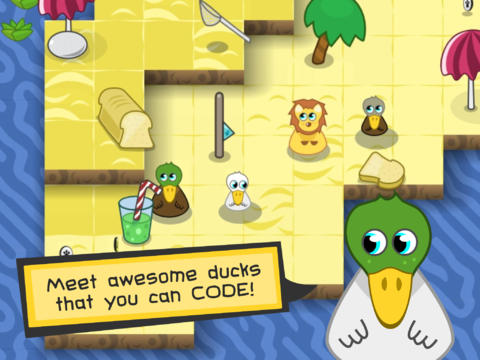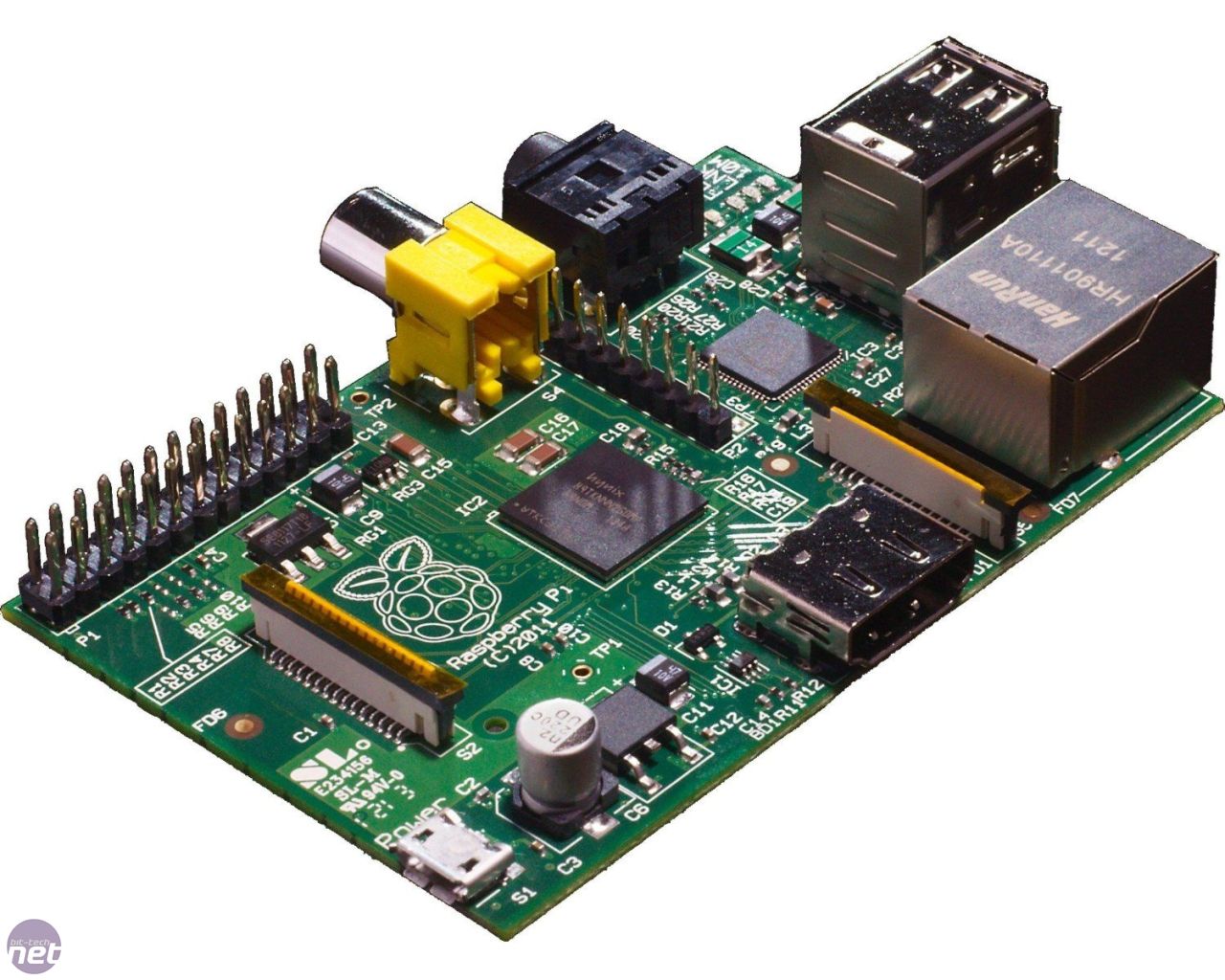These are the options that can be bought right now, both have free samples so you can give them a try and see if they are worth ordering. If money is an issue, I would priorities Upper Key Stage 2, because this is where it gets most complicated and much of lower curriculum can be covered with a few apps, turtles and Maths that is familiar.
Written by Liane O'Kane who is a primary computer science master teacher teach computer science to primary pupils of all ages and train teachers in how to teach computing. The total cost for all of the packs is £600, which is substantial but includes all the planning needed.
This is written by Miles Berry, who has had many years of experience in NAACE and with Computing at School. The full pack costs £965. There are discounts available if you bought Switched on ICT.










